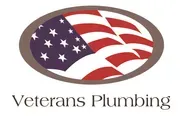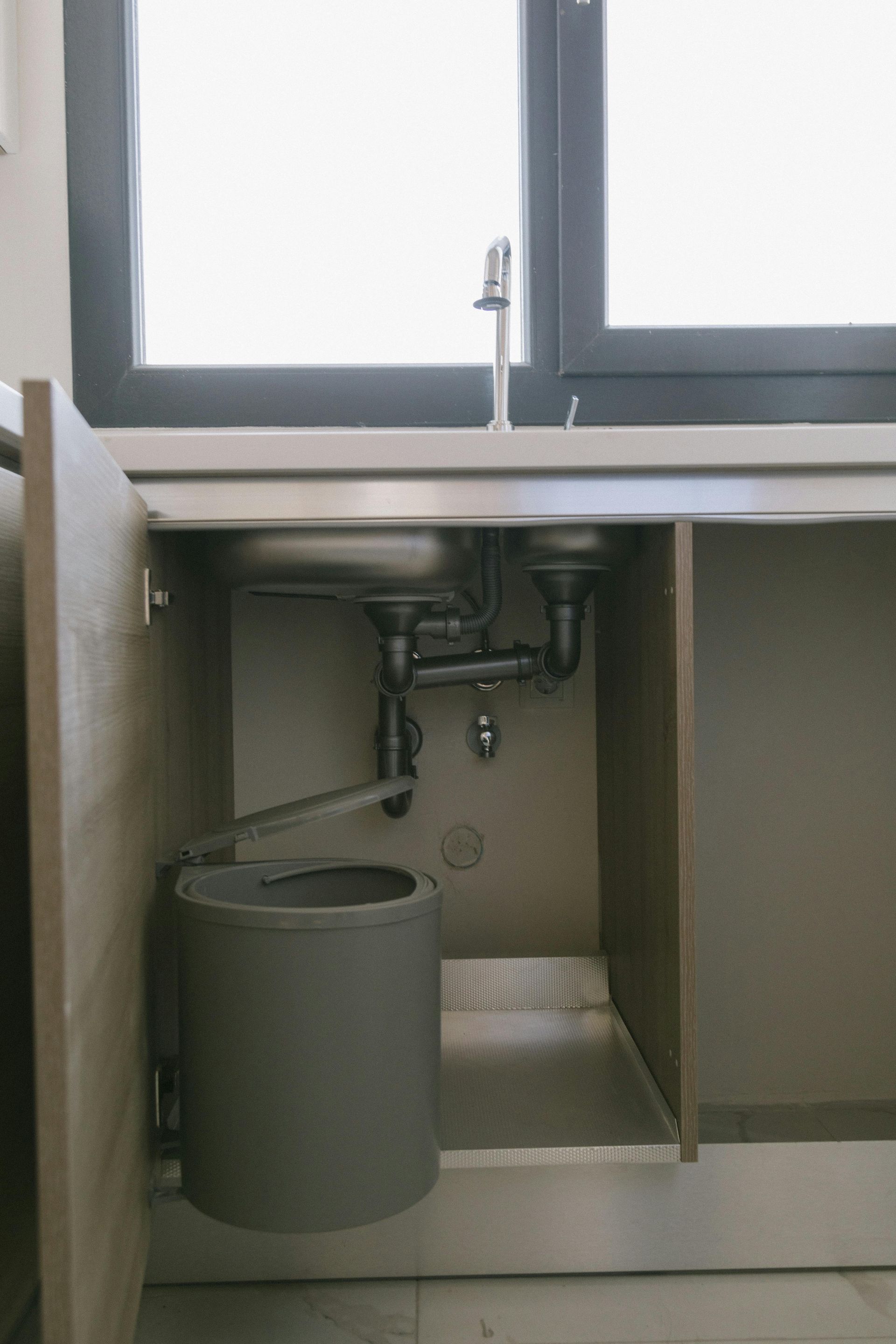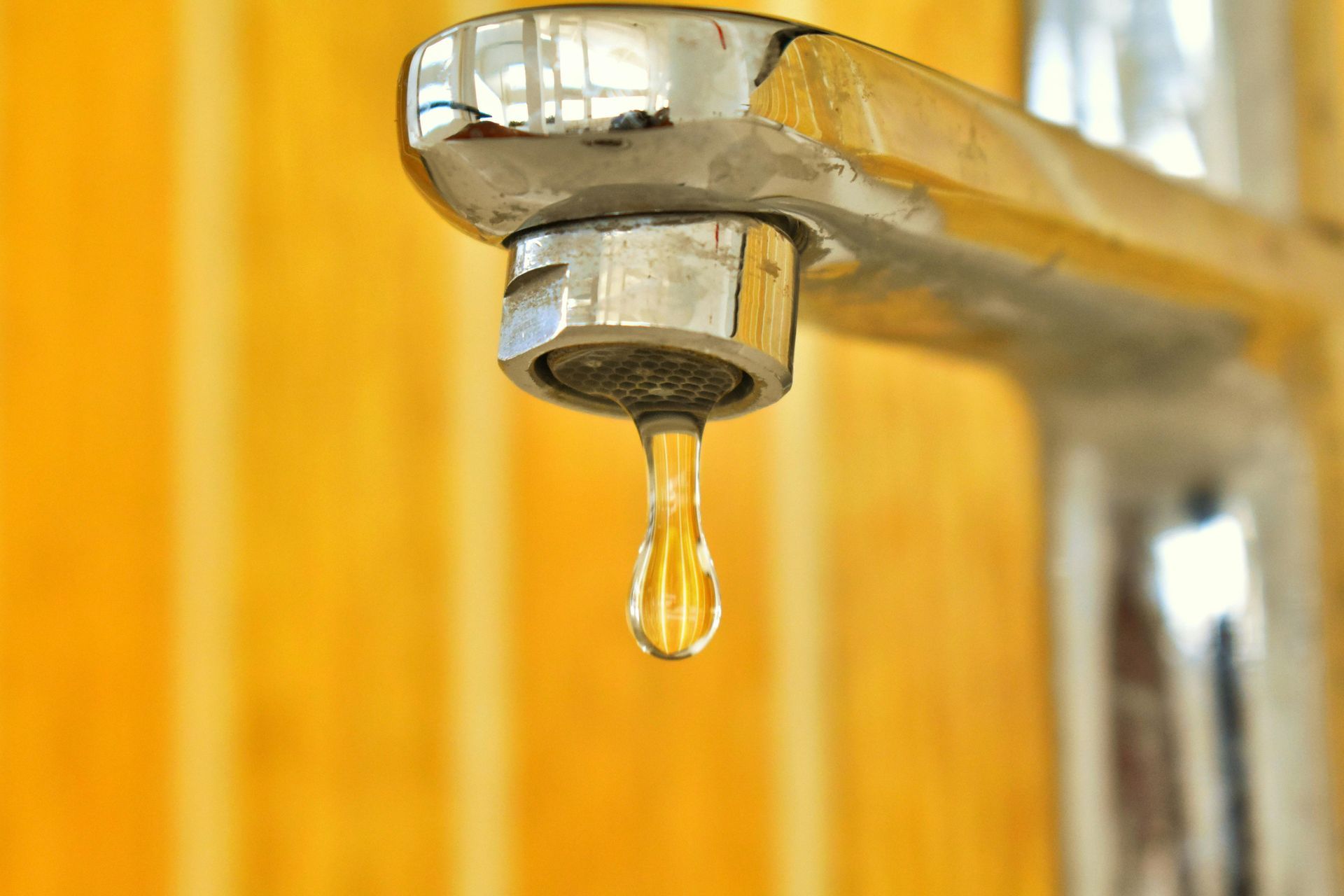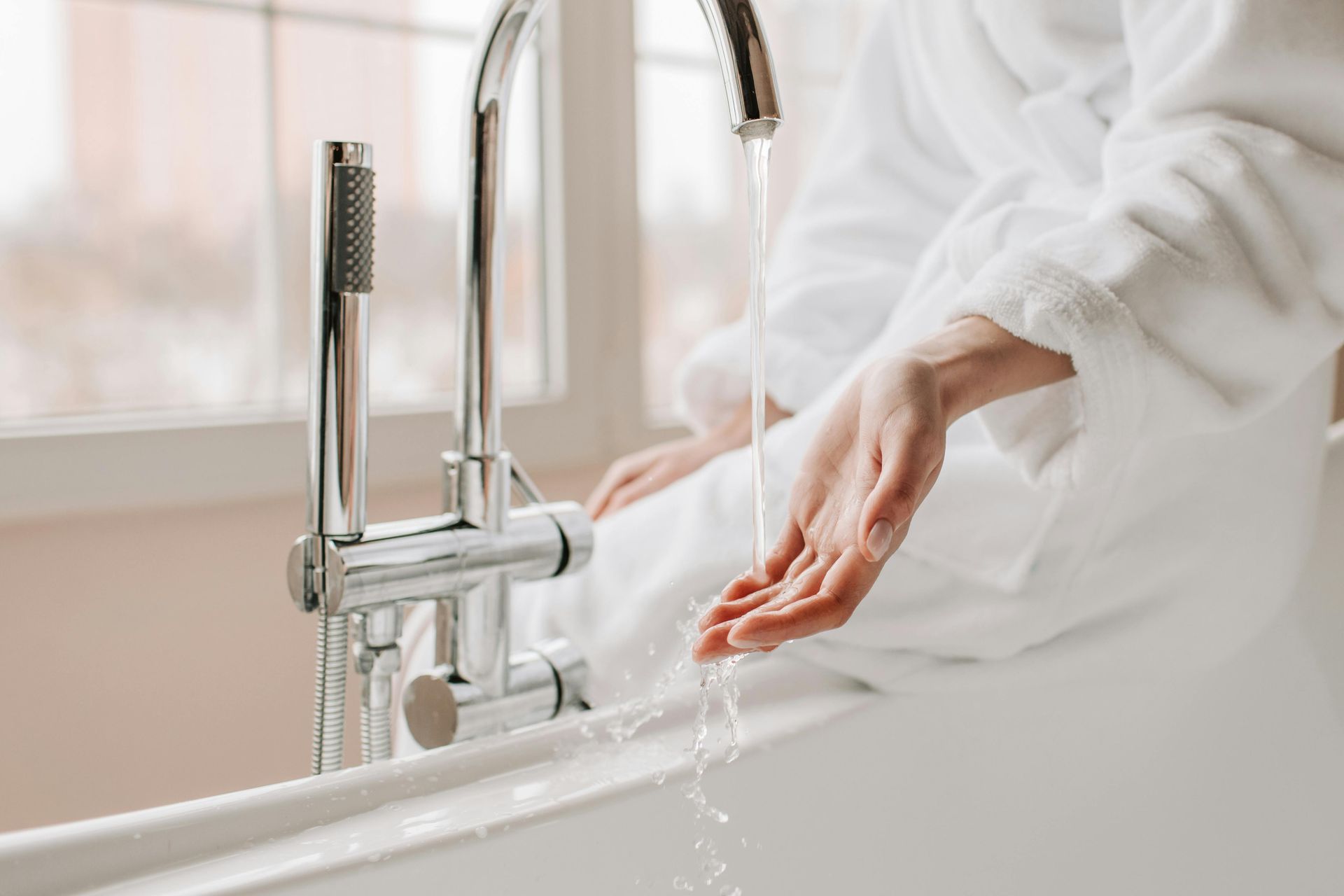Eco-Friendly Plumbing Solutions: Reducing Your Carbon Footprint
Clogged drains are a common household nuisance that can lead to significant inconveniences and costly repairs if not addressed promptly. Understanding the typical causes of drain clogs and implementing practical solutions can help homeowners maintain a healthy plumbing system.
1. Hair Buildup
Hair accumulation is one of the leading causes of clogged drains, particularly in bathrooms. Hair can easily wash down sinks and showers, where it can become tangled with soap residue, grease, and other debris, forming a blockage over time.
How to Fix It:
- Use Drain Screens: Installing mesh screens over drains can catch hair before it enters the plumbing system. Regularly clean these screens to prevent buildup.
- Remove Hair Manually: If you notice slow drainage, use gloves to remove any visible hair from the drain opening.
- Regular Cleaning: Consider using a mixture of baking soda and vinegar to help break down any remaining residue in the pipes.
2. Soap Scum
Soap scum is another common culprit that contributes to clogged drains. When soap mixes with minerals in water, it creates a sticky residue that can accumulate within pipes, narrowing the passageway and impeding water flow.
How to Fix It:
- Clean Regularly: Use a vinegar solution or commercial drain cleaner to periodically clean soap scum from your drains.
- Choose Liquid Soap: Liquid soaps produce less residue than bar soaps.
- Hot Water Flush: Regularly flushing your drains with hot water can help dissolve soap scum buildup.
3. Grease and Fat Accumulation
Grease and fat from cooking can lead to significant clogs in kitchens. When grease is poured down the drain, it can solidify as it cools, creating a thick blockage that traps food particles and other debris.
How to Fix It:
- Avoid Pouring Grease Down the Drain: Instead of disposing of grease in the sink, collect it in a container and throw it away with your regular trash.
- Use Hot Water and Detergent: Occasionally, pouring hot water mixed with dish detergent down the drain can help break up grease buildup.
- Install a Grease Trap: If you cook frequently, consider installing a grease trap to catch fats before they enter your plumbing system.
4. Food Waste
Even with a garbage disposal, food waste can contribute to clogged drains if not appropriately managed. Fibrous foods like celery or potato peels can tangle in disposal blades or create blockages further down the line.
How to Fix It:
- Use Your Disposal Wisely: Only put small amounts of food waste down the disposal at a time. Avoid fibrous or starchy foods that can cause clogs.
- Compost When Possible: Setting up a compost bin for organic waste reduces the amount of food entering your plumbing system.
- Flush with Water: Always run cold water for several seconds after using the disposal to help clear any remaining food particles.
5. Small Objects
Children (and sometimes adults) may accidentally drop small objects into sinks or toilets, leading to unexpected clogs. Items like toys, cotton swabs, or jewelry can quickly become lodged in pipes.
How to Fix It:
- Check for Blockages: If you suspect an object is stuck, try pulling it out using a plumber’s snake or retrieval tool.
- Preventive Measures:
Educate family members about what should not be put down drains and keep small items away from sink areas.

6. Tree Roots
Tree roots are notorious for invading sewer lines and causing severe blockages. Roots seek moisture from pipes, and even small cracks can allow them access, leading to extensive damage over time.
How to Fix It:
- Regular Inspections: Have your sewer lines inspected periodically for signs of root intrusion.
- Consider Professional Help: If roots are detected, professional plumbers may need specialized equipment to remove them without damaging pipes.
- Plant Wisely: Be mindful of planting trees near sewer lines; choose species with less aggressive root systems.
7. Mineral Buildup
In areas with hard water, mineral deposits such as calcium and magnesium can accumulate inside pipes over time. This buildup narrows the diameter of pipes and restricts water flow.
How to Fix It:
- Install a Water Softener: A water softening system can help reduce mineral content in your water supply.
- Regular Descaling: Use descaling products designed for plumbing systems to remove mineral deposits periodically.
- Flush Your System: Running hot water through your faucets regularly helps minimize buildup.
8. Improper Pipe Installation
Poorly installed or undersized pipes can lead to frequent clogs due to inadequate drainage capacity. Over time, these issues may worsen as debris accumulates more easily in improperly sloped or sized pipes.
How to Fix It:
- Consult Professionals: If you suspect installation issues are causing consistent clogs, consult a licensed plumber for an evaluation.
- Consider Upgrades: In some cases, replacing problematic pipe sections with larger or correctly installed ones may be necessary.
9. Debris from Outside
Leaves, dirt, and other debris can enter outdoor drainage systems during heavy rains or storms. This accumulation can lead to blockages affecting indoor plumbing and outdoor drainage systems.
How to Fix It:
- Maintain Gutters and Drains: Regularly clean gutters and outdoor drains to prevent debris from entering your plumbing system.
- Use Grates or Covers: Installing grates over outdoor drains can help keep larger debris out while allowing water to flow freely.
10. Toiletries and Hygiene Products
Many people must correct how to flush items like wipes, sanitary products, or paper towels down toilets. These materials do not break down easily and often lead to severe clogs in plumbing systems.
How to Fix It:
- Educate Household Members: Make sure everyone understands what is safe to flush down toilets—only toilet paper should be flushed.
- Provide Alternative Disposal Options: Place waste bins in bathrooms for disposing of non-flushable items.
Clogged drains are an inconvenience that every homeowner faces at some point. By understanding the common causes of clogs—from hair buildup and grease accumulation to tree roots—homeowners can take proactive measures to prevent these issues from arising.
While many clog-related problems can be addressed with DIY methods and preventive strategies, some require professional expertise. Hiring qualified plumbers ensures that installations are done correctly and complex issues are resolved efficiently. By investing in professional services when needed, you protect your home’s plumbing system from potential disasters while enjoying peace of mind, knowing that your drains are functioning optimally.
Check out our services: Water Softeners & Treatment, Water Repair & Install, Tankless Water Heaters, Residential & Emergency Plumbing.
Blog
Book a Service Today
For more info on water softeners, water heaters and tankless water heaters Idaho Residents need, contact us today.
